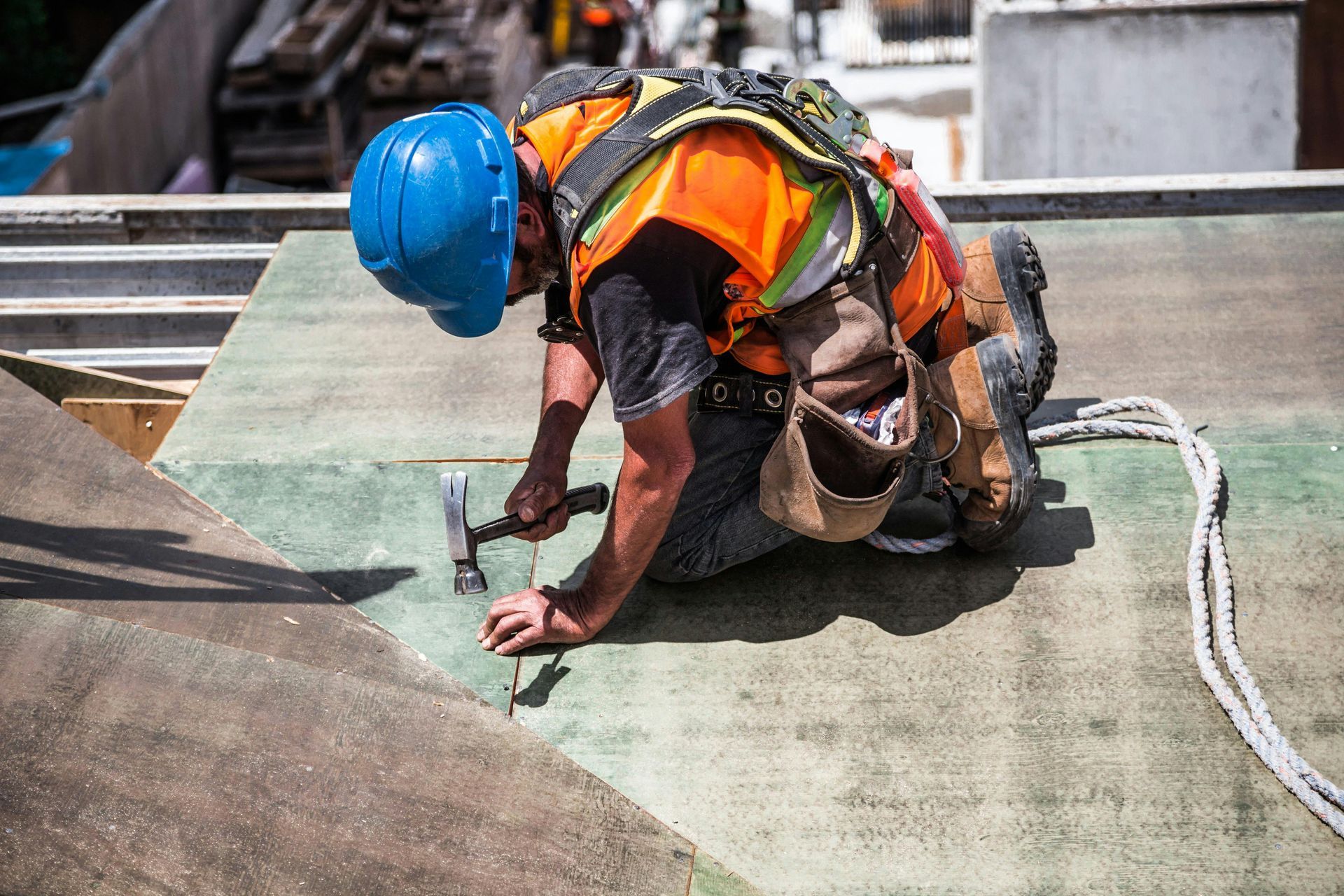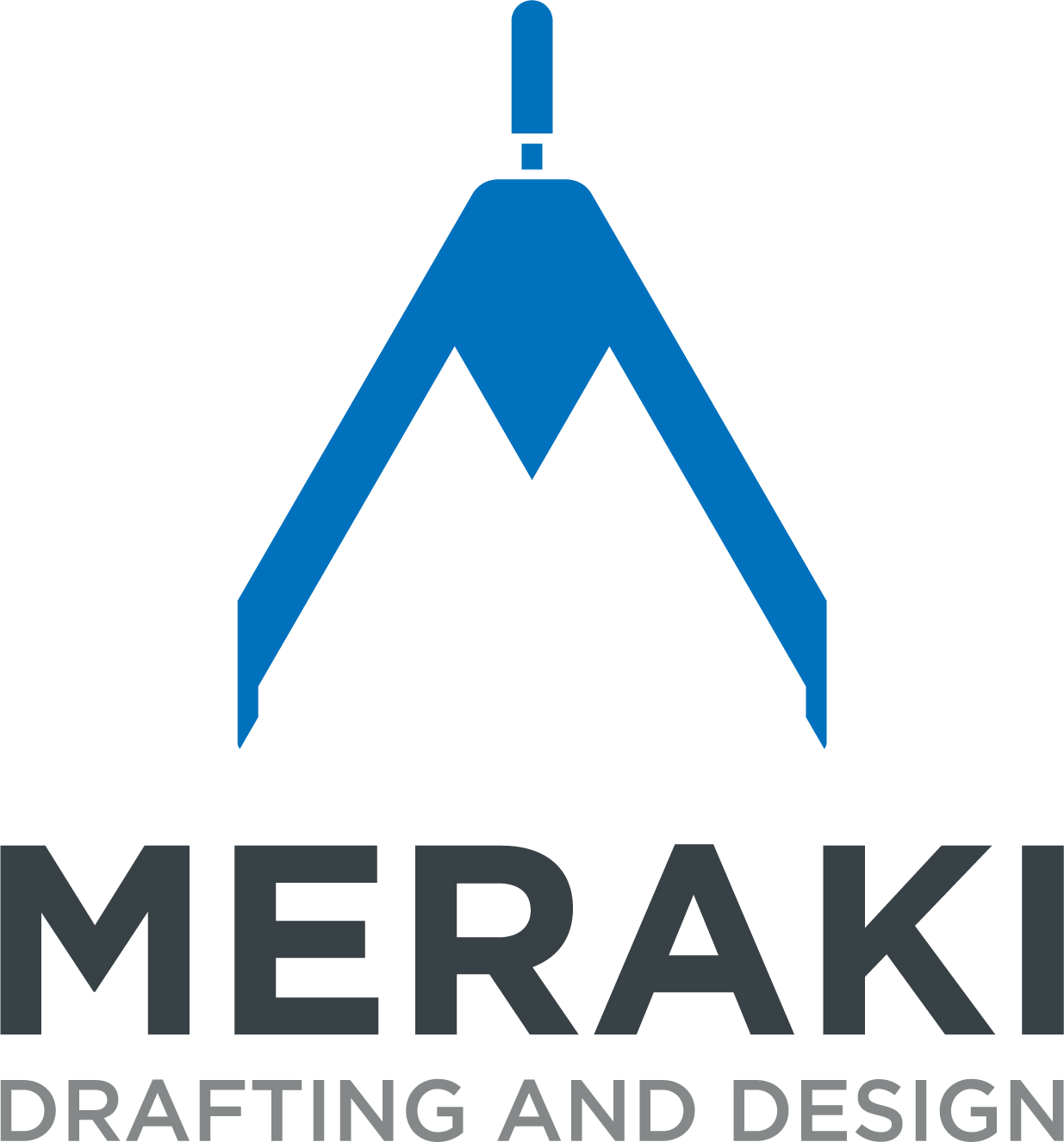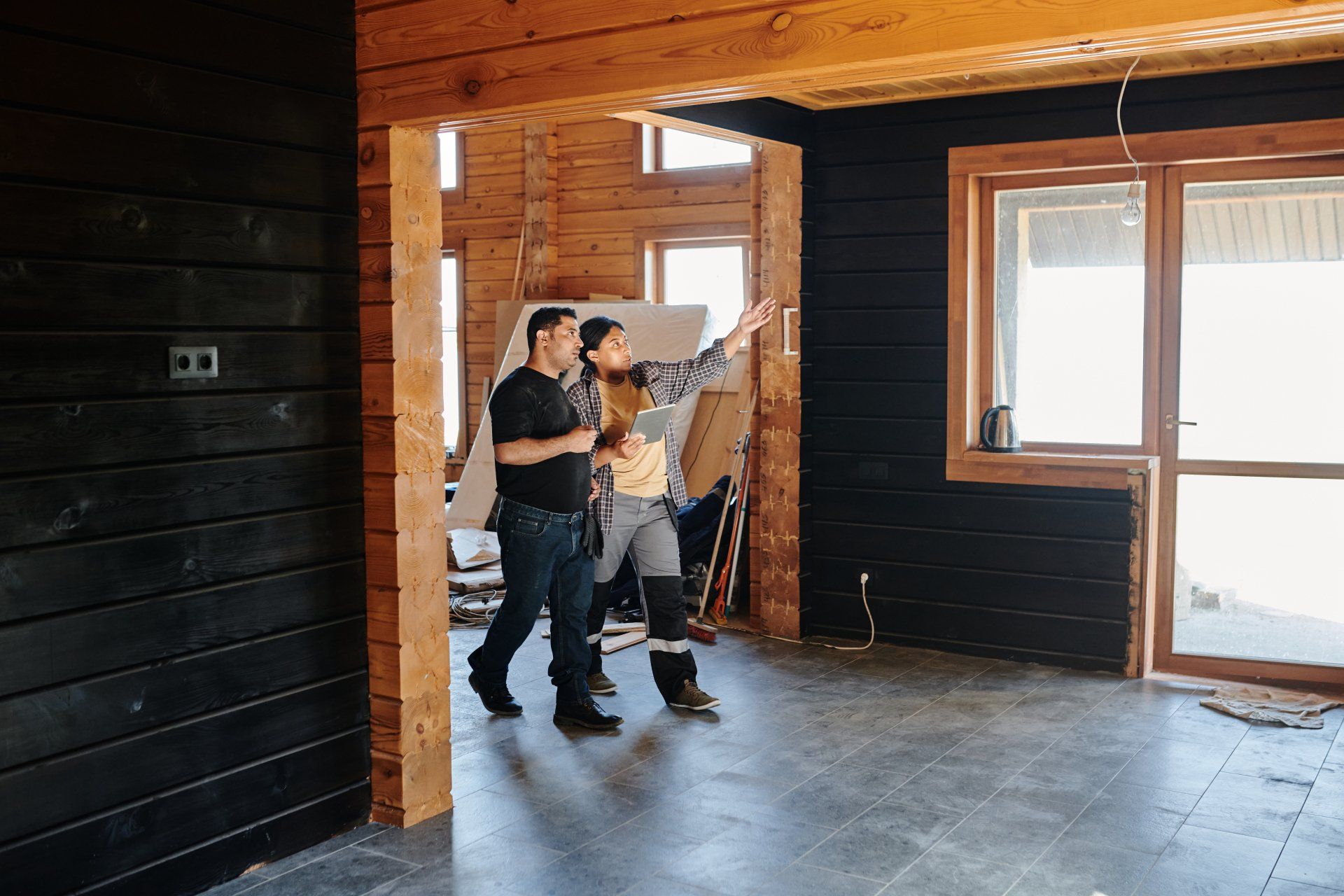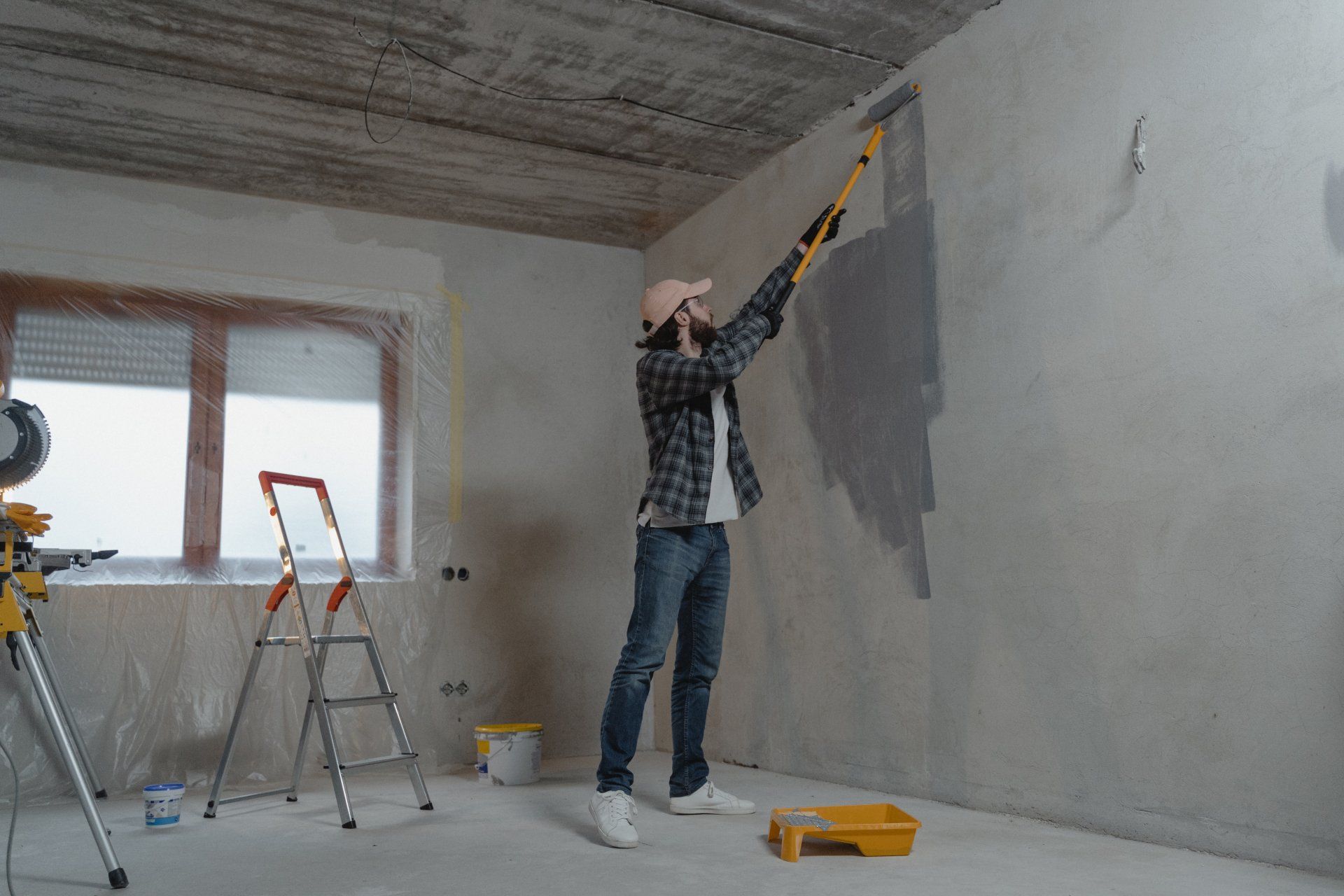Why Contractors Should Focus on Drafting Details Early in the Project
In the construction industry, success often depends on careful planning, clear communication, and attention to detail. While the final build is what most clients see, the foundation for that success is laid long before the first nail is hammered. At the heart of this foundation is detailed drafting. Whether you’re building in the rural expanses of Nebraska, the bustling cities of California, or anywhere in between, focusing on accurate and comprehensive drafting early in the project ensures a smoother construction process, reducing surprises, costly errors, and potential delays.
Let’s explore why drafting details should be prioritized from the outset and how doing so can transform your construction project into a seamless and efficient operation.
Accurate House Plans Lead to Seamless Execution
One of the most significant benefits of focusing on drafting early in the project is that it sets the stage for seamless execution. Detailed house plans serve as a blueprint for everyone involved in the project—contractors, architects, subcontractors, and even clients. A well-crafted draft provides a clear and concise roadmap, ensuring that all stakeholders are aligned on what needs to be built and how.
In locations with diverse terrains and building conditions, like flatlands or earthquake-prone zones, accurate drafting is especially crucial. A lack of precision or incomplete house plans can lead to misunderstandings and miscommunications among teams, which often result in unnecessary delays or reworks.
How Early Drafting Improves Execution:
- Clear Communication: Detailed drafting allows architects, engineers, and builders to communicate more effectively. Everyone works from the same set of plans, which reduces the risk of discrepancies in interpretation.
- Preventing Delays: Early drafting ensures that everyone involved in the project has a clear understanding of the timeline, materials, and processes involved. This foresight helps avoid project delays due to miscommunication or unforeseen issues with materials or labor.
- Efficient Coordination: With detailed house plans, contractors can schedule tasks more efficiently, ensuring that one phase of construction smoothly transitions to the next. For example, knowing exactly when plumbing or electrical installations are needed prevents gaps in workflow and ensures the project stays on track.
Reduce Costly Mistakes and Reworks
In construction, mistakes are costly—not just in terms of money but also time. Inaccurate or incomplete house plans are often the root cause of these mistakes, leading to design flaws, material shortages, or structural issues. When problems arise on-site, contractors are forced to make quick decisions to keep the project moving, which can lead to further errors or costly last-minute changes.
By focusing on drafting details early in the project, contractors can reduce the risk of these mistakes. Professional draftsmen ensure that every measurement is precise, every design element is accounted for, and every material requirement is properly specified.
2. Inflexibility for Site-Specific Conditions
- Structural Issues: In regions where the climate and landscape can pose unique challenges, early drafting helps account for things like soil conditions, wind resistance, or seismic activity. This attention to detail minimizes the chance of structural issues arising later in the project.
- Material Shortages: House plans created without considering the necessary materials can lead to significant setbacks when shortages occur. Early drafting ensures all materials are accounted for from the start, helping contractors avoid delays due to missing supplies.
- Misalignment of Systems: Drafting that incorporates all aspects of the building process—including plumbing, electrical, and HVAC systems—prevents problems that often arise when these systems are installed without proper coordination. With clear, early drafts, contractors can ensure that everything aligns as it should, avoiding costly and time-consuming reworks.
Minimize Last-Minute Changes and Design Modifications
One of the most common challenges contractors face is last-minute design changes. These changes not only disrupt the construction schedule but can also lead to inflated costs due to additional materials, labor, or adjustments to existing work. While some modifications are inevitable, many can be avoided through thorough drafting and planning upfront.
When contractors invest in early drafting, they reduce the likelihood of clients requesting late-stage modifications. Drafting allows clients to visualize the final project and address any concerns or preferences before construction begins. This proactive approach saves both contractors and clients time, money, and frustration.
Benefits of Early Drafting for Avoiding Changes
- Client Clarity: Drafting house plans early gives clients a clearer picture of what their project will look like. With detailed drafts, clients can make informed decisions before construction starts, reducing the likelihood of expensive changes later in the process.
- Contractor Confidence: Contractors who begin a project with comprehensive house plans are more confident in their work. They can follow a well-documented roadmap and are less likely to face surprises that require costly adjustments mid-project.
- Stay on Schedule: Last-minute changes not only add to costs but also push back project deadlines. By focusing on drafting details early, contractors can keep their projects on schedule, which is especially important in areas with tight building seasons, such as the snowy winters of Nebraska, ever-changing weather in Utah, or the high-demand construction markets of California.
Improve Budgeting and Cost Estimation
Budget overruns are a common issue in construction, but they are often preventable. One of the primary reasons projects go over budget is because of poor cost estimation, often due to incomplete or inaccurate house plans. When drafting is rushed or overlooked, essential details may be missed, leading to unexpected costs that weren’t accounted for in the initial estimate.
Focusing on detailed drafting early allows contractors to create more accurate budgets and cost estimates. Every material, every measurement, and every labor requirement can be accounted for, leading to fewer surprises down the line.
How Early Drafting Helps with Budget Control
- Material Cost Transparency: Early drafts provide a clear understanding of the materials required, which helps contractors secure accurate quotes from suppliers. This is particularly important in regions like California, where construction materials may be subject to fluctuating prices or high demand.
- Labor Planning: With a clear draft in hand, contractors can accurately estimate labor costs and allocate workers efficiently, avoiding the additional expenses that arise from mismanaged timelines.
- Contingency Planning: Early drafting allows contractors to build contingencies into the budget for potential issues such as material shortages or design changes. With a well-crafted plan, it’s easier to anticipate potential problems and prepare accordingly.
Enhance Project Flexibility and Future-Proofing
In today’s construction landscape, clients often expect their homes or buildings to accommodate future needs. Whether it’s an expansion down the road or upgrading systems to modern standards, future-proofing has become a key consideration in both residential and commercial builds. Contractors who focus on detailed drafting early in the project are better positioned to incorporate flexibility into their designs.
Incorporating future-proofing elements into the draft not only improves client satisfaction but also adds long-term value to the project. For instance, in California, where environmental standards are often stricter, early drafting can account for energy-efficient designs or sustainable building materials. Similarly, in Nebraska, designs may need to consider future expansions, such as additional rooms or enhanced utility systems.
How Early Drafting Facilitates Future-Proofing
- Sustainable Design Elements: Early drafting allows contractors to plan for eco-friendly features, such as solar panels or energy-efficient windows, which may be required or desired in certain regions.
- Anticipating Future Expansions: Drafting a home or building with future expansions in mind makes it easier for clients to add rooms, remodel kitchens, or update utility systems without needing significant structural changes later on.
- Technological Upgrades: As smart home technology becomes more popular, contractors can incorporate wiring and systems into early drafts that will allow for easy upgrades in the future.
Conclusion: Start Strong with Early Drafting
Regardless of where you are building, Utah, California, Arizona, Nebraska, or any other state, the importance of focusing on drafting details early in a project cannot be overstated. By ensuring that every element of the house plan is accounted for before construction begins, contractors can avoid costly mistakes, last-minute changes, and delays. Early drafting not only improves project efficiency but also enhances communication, reduces costs, and provides clients with a clearer vision of their final build.
If you want to ensure your next construction project starts on the right foot, consider partnering with a professional drafting service. Detailed, accurate drafts provide the foundation for success, allowing contractors to build with confidence, stay on schedule, and deliver projects that exceed client expectations.
Share on Social






